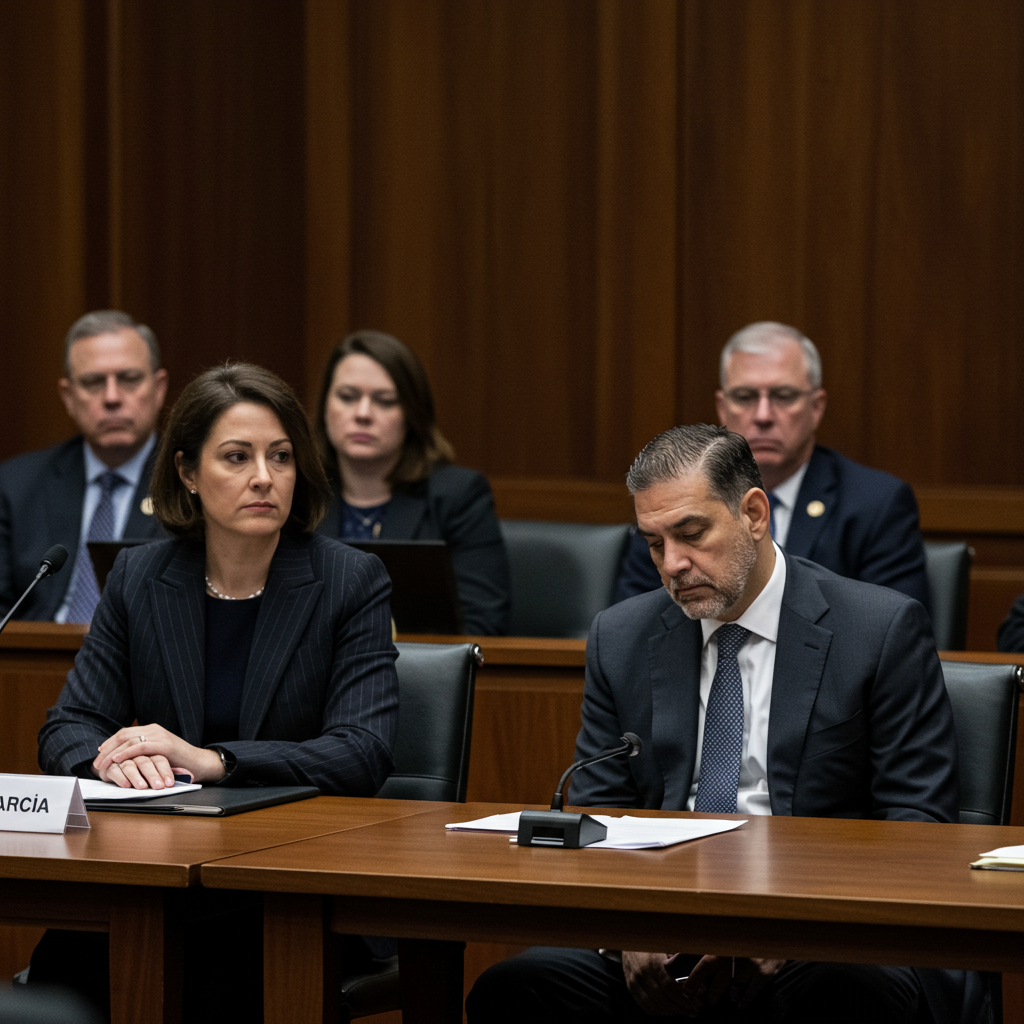The landscape of global power is constantly shifting. For years, the United States has held a dominant position. However, recent shifts in US foreign policy have opened new avenues. These changes are particularly relevant for the brics group. This bloc of emerging economies sees an opportunity. They aspire to occupy international influence areas. These areas were previously central to US engagement.
The BRICS Bloc: Origins and Evolving Purpose
BRICS initially formed as a concept among economists. It represented major emerging economies. The original members were Brazil, Russia, India, and China. South Africa joined later, completing the acronym. The group officially formalized its cooperation in 2009. Initially, BRICS struggled to define a clear, common identity. Its member nations had diverse political systems and economic interests. Early summits focused broadly on economic cooperation. They discussed areas like development finance. The New Development Bank (NDB) is one tangible outcome. This bank funds infrastructure projects. It serves member states and other developing countries. Despite this, a unifying geopolitical purpose often seemed elusive. Members often had competing national priorities. Finding common ground on major global issues proved challenging.
US Policy Shifts Under Trump and the Global Impact
The administration of former US President Donald Trump marked a significant departure. His policies emphasized an “America First” approach. This translated into various international actions. The US withdrew from major multilateral agreements. Examples include the Paris Agreement on climate change. The US also left the Iran nuclear deal. A key characteristic was the use of protectionist trade measures. Tariffs were imposed on goods from many countries. These included goods from traditional allies. They also targeted major trading partners like China. These actions disrupted established global trade norms. They created uncertainty in international relations. Many nations felt the impact directly.
This unilateral approach was a stark contrast. It differed from previous US engagement models. It was seen by some as a retreat from global leadership. The US reduced its involvement in international institutions. Funding cuts were proposed for some organizations. This created voids in global governance discussions. Nations previously reliant on US leadership began seeking alternatives. They looked for new partnerships and forums.
How BRICS Seizes the Moment
This shifting geopolitical landscape provides a unique opportunity for BRICS. The group’s members were often targets or felt the effects of US protectionism. Tariffs imposed by the US directly harmed their economies. This shared grievance created unexpected unity. It gave the diverse BRICS nations a common cause. They could collectively oppose unilateral trade measures.
A joint statement expected at a hypothetical future summit highlights this unity. According to sources, BRICS leaders planned to decry “the rise of unjustified unilateral protectionist measures.” They would also criticize the “indiscriminate raising” of tariffs. This language directly responds to US actions. It positions BRICS as defenders of a rules-based multilateral system. This contrasts sharply with the “America First” stance. By promoting multilateralism, BRICS aims to fill the space left by the US. They seek to shape global economic norms. They want to protect international trade frameworks.
Common Economic Grievances
The economic dimension is crucial. BRICS nations are major global trading powers. China is the world’s largest exporter. India is a rising economic giant. Brazil and Russia are significant commodity producers. South Africa is a key player in its region. US tariffs impacted their trade volumes and supply chains. Opposing protectionism is thus an economic necessity for them. It aligns their national interests. This shared economic pain fosters political cooperation within the bloc. It provides concrete issues for collective action.
Asserting Multilateralism
Beyond economics, BRICS seeks to assert a different global vision. They advocate for a multipolar world. This means a world where power is distributed among several poles, not dominated by one. They champion international cooperation through existing institutions. This stands in opposition to unilateral actions. By speaking out against protectionism, they reinforce their commitment to multilateralism. This stance can attract other nations. Developing countries often prefer a system based on shared rules. They may see BRICS as a more reliable partner. This strategy allows BRICS to enhance its global influence.
Internal Dynamics and Challenges within BRICS
Despite the opportunity, BRICS faces internal hurdles. Member nations have significant differences. India and China have border disputes. Russia’s foreign policy priorities sometimes diverge from others. Brazil and South Africa have distinct regional concerns. Their economic structures also vary widely. China’s massive economy can overshadow others. This can lead to imbalances within the group.
Decision-making within BRICS requires consensus. This can be slow and difficult. It can sometimes dilute the impact of their collective stance. While they agree on opposing US protectionism, they may disagree on alternative solutions. Their shared vision for a multipolar world might hide differing ideas. Each nation seeks to maximize its own gain. These internal dynamics can limit BRICS’ ability to act as a cohesive global force. Their aspirations to fill a global void depend on overcoming these challenges. Sustaining unity beyond immediate grievances is key.
The Future of BRICS and the Global Order
The future of BRICS’ global influence remains dynamic. Whether they can permanently occupy ground vacated by the US depends on several factors. These include the consistency of US foreign policy going forward. It also depends on BRICS’ ability to maintain internal cohesion. Expanding membership could also impact the bloc. Several countries have expressed interest in joining BRICS. This expansion could increase its global weight. However, it could also complicate decision-making.
BRICS’ collective GDP is substantial. Their combined population is vast. They represent a significant portion of the global economy. As emerging markets grow, their economic leverage increases. This provides a foundation for greater political influence. Their focus on alternative financial mechanisms, like the NDB, challenges existing structures. These efforts contribute to a gradual shift in the global order. BRICS is unlikely to simply replace the US overnight. However, they are clearly positioning themselves as a significant counterweight. They aim to offer an alternative vision for global cooperation and trade.
Frequently Asked Questions
What is the main goal of the BRICS group regarding global leadership?
The BRICS group, comprising Brazil, Russia, India, China, and South Africa, generally aims to reform the existing global order. They seek a more multipolar world where power is distributed among multiple major poles, not dominated by a single nation. While not seeking to replace the US entirely, they aspire to increase their collective voice and influence in international affairs, particularly in economic governance and development, positioning themselves as advocates for emerging and developing economies.
How have US policies under recent administrations impacted the BRICS group’s strategy?
Recent US policies, particularly those emphasizing unilateralism and protectionism like tariffs under the Trump administration, have significantly impacted BRICS strategy. These actions created shared grievances among BRICS members. They felt directly targeted or negatively affected by trade disputes. This shared challenge provided a common purpose for the diverse group. It motivated them to strengthen cooperation and collectively advocate for multilateralism and a rules-based international trading system as an alternative to the US approach.
What are the potential challenges for BRICS in expanding its global influence?
Despite their shared goals, BRICS nations face internal challenges. These include geopolitical tensions among members (like the India-China border dispute), differing national economic interests, and diverse political systems. Decision-making requires consensus, which can be slow. The sheer economic size of China relative to others can also create imbalances. Overcoming these internal differences and maintaining unity are crucial for BRICS to effectively expand its global influence and present a cohesive front on the international stage.
The aspiration of BRICS to occupy global ground is clear. Recent shifts in US policy have created an opportune moment. Shared concerns over protectionism have unified the bloc. BRICS is leveraging this unity. They advocate for multilateralism and a multipolar world. While internal challenges exist, the group represents a significant force. Their growing economic power and collective voice are shaping the global order. The coming years will show how effectively BRICS can translate aspiration into sustained global influence.



